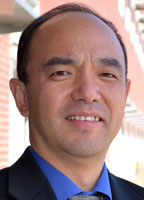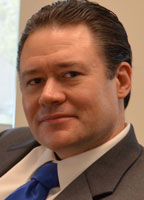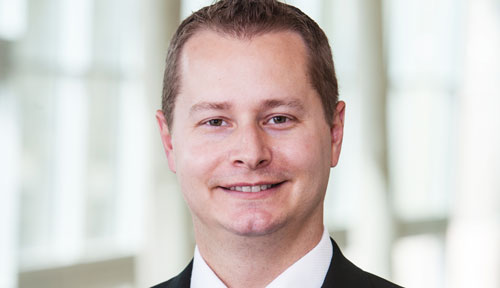A study by a UNMC researcher has revealed that unauthorized immigrants have lower health care expenditures compared to legal residents, naturalized citizens and U.S. natives.
The study, which analyzed health expenditure data from the medical expenditure panel survey taken between 2000 and 2009, was conducted by Jim Stimpson, Ph.D., director of the Center for Health Policy at UNMC.
Results were published in the June issue of the health policy journal Health Affairs.
It was found that U.S. natives spent $1 trillion on health care. By contrast all immigrants — unauthorized, legal and illegal — spent one-tenth that amount or $96.7 billion. Unauthorized immigrants accounted for $15.4 billion of that total, or 15.9 percent.
|
|
An estimated 5.9 percent of unauthorized immigrants received care that providers are not reimbursed for, compared to 2.8 percent of U.S. natives in the same category. Dr. Stimpson speculated that this may be because unauthorized immigrants are much more likely to lack health insurance when compared to U.S. natives.
These findings reflect a history of policies that block access to health care for unauthorized immigrants, he said.
“Today, undocumented immigrants and persons who immigrated less than five years ago have few options for health care access through public programs, leaving only the option to pay out of pocket or to secure private insurance,” Dr. Stimpson said.
The safety net available for immigrant populations includes hospital emergency rooms and federally qualified health centers, Dr. Stimpson said. Such limited access is not optimal for accessing quality care and finding a medical home.
 |  |
Dejun Su, Ph.D. | Fernando Wilson, Ph.D. |
“These policies have merely shifted the financial burden of paying for the care of immigrants, and have potentially put the public’s health at risk, when those who have infectious diseases defer treatment for illness,” he said.
One way to remedy the problem, Dr. Stimpson said, would be to give unauthorized immigrants access to preventive and treatment services for infectious diseases and to the insurance marketplace.
Fernando Wilson, Ph.D., an associate professor in the UNMC College of Public Health, and Dejun Su, Ph.D., an associate professor in the UNMC College of Public Health and director of the Center for Reducing Health Disparities at UNMC, were co-authors on the study.
